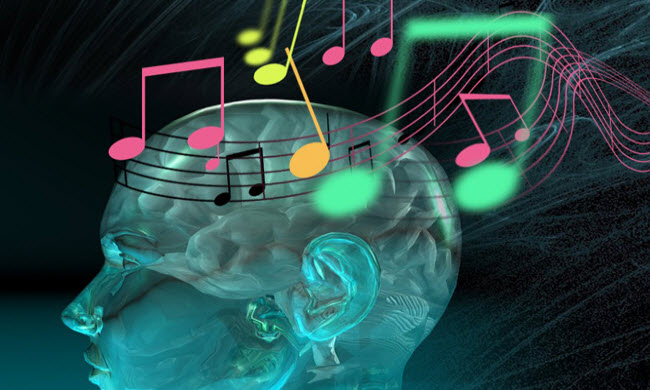Music, in all its forms, is a sublime art that engages both the senses and emotions. The Lebanese poet Khalil Gibran once described music as the language of the soul, holding the secret of life and capable of bringing peace and removing discord. To some, music is seen as a form of spiritual fuel that sparks inspiration, while others believe it has the power to change the world by transforming people and their behaviors. Despite its primarily sensory nature, science has taken an interest in unraveling its mysteries and understanding its impact on humans—a phenomenon often referred to as the “magic of music.” In this article, we’ll explore some common questions related to music and attempt to explain its effects from a scientific perspective.
Why Do Some People Experience Chills When Listening to Music?
When you listen to a song and reach a particular part, you might experience a shiver or chill. This sensation arises from the neural connections between the auditory cortex, which processes sound, and the anterior cingulate cortex, which handles emotions. The strong connection between these two brain regions during moments of emotional arousal leads to the transfer of pleasurable auditory experiences to the emotional cortex, resulting in a physical and emotional response, such as chills.
Although scientists understand the mechanisms behind this response, there is still debate about whether it is an acquired trait or an inherent one, possibly due to some individuals having more neural connections than others.
Why Can’t You Get a Specific Song Out of Your Head?
Sometimes, you may find yourself repeatedly thinking of a tune or song even when you’re not actively listening to it. This phenomenon is related to something called the “exposure effect,” a psychological theory suggesting that your brain responds positively to repeated exposure to something it likes, such as music. This repeated exposure leads to the song or melody becoming stuck in your head, a phenomenon known as an “earworm.”

Why Do Songs Lose Their Appeal Over Time?
It’s not uncommon to lose interest in a song you once loved. Scientists have explored this and found that there is a threshold of familiarity that the brain enjoys. Once this threshold is surpassed, the familiar aspects of the song no longer elicit the same positive psychological effects and may become monotonous. The complexity of the music also plays a role; simpler music tends to lose its charm more quickly, whereas complex music takes longer to become tiresome.
How Does One Develop Musical Taste?
You may have heard of studies where consumers are asked to taste-test similar food products without knowing their specifications, only their prices. Typically, consumers link higher prices with higher quality, favoring the more expensive option. Can the same apply to music?
Researchers conducted similar experiments by having participants evaluate musical performances by renowned musicians versus music students. Initially, participants preferred the performances by famous musicians. However, when the researchers swapped the roles—telling participants that a student was a famous musician and vice versa—the results showed that participants preferred the music they believed was performed by professionals. In other words, musical taste is often shaped by individual perceptions of value.

Why Does Music Make Us Want to Dance?
Recent neuroscientific studies have shown that our brains interpret dance rhythms in specific ways. Research indicates that rhythmic processing occurs in the right frontal regions of the brain, affecting the body’s motor system. The cerebellum coordinates the harmony between movements and rhythms, leading to increased blood flow to the feet. This synchronization of movement with music creates positive psychological effects, motivating people to continue dancing or engage in dancing when they hear music.
